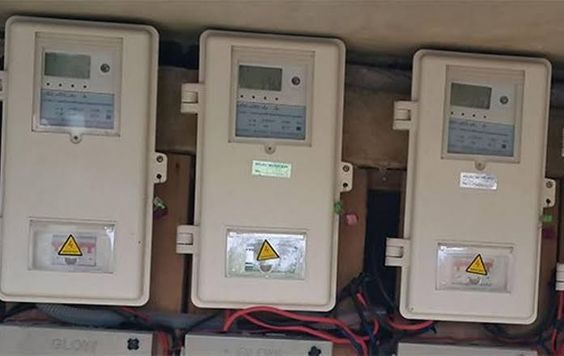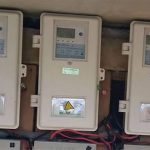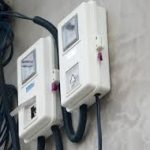The Federal Government has authorised the release of ₦28 billion to electricity distribution companies for the procurement and installation of prepaid meters, as part of a renewed effort to close Nigeria’s metering gap and restore confidence in power billing. The intervention, issued through the Nigerian Electricity Regulatory Commission under the Meter Acquisition Fund (MAF) Tranche B, aims to eliminate estimated billing for Band A and Band B customers and improve revenue sustainability across the electricity market.
In its Order No. NERC/2025/107, the regulator confirmed that the funds will be allocated to DisCos based on their market collection performance as of July 2025. DisCos are required to deploy the meters at no cost to customers while ensuring that installations are completed by December 31, 2025.
To drive transparency and local participation, NERC has mandated all DisCos to begin procurement within 10 days of the order, selecting Meter Asset Providers with verified meter stock ready for deployment. Each contract must include at least 30% local content, supported by agreements with Nigerian manufacturers or assemblers. DisCos must submit their selected providers for “No-Objection” approval within 15 days.
Under the disbursement framework, 60% of payment will be released to the meter provider upon delivery, with the remaining 40% tied to full installation. DisCos that delay installations due to poor network readiness or inaccurate customer data will face penalties equivalent to the value of uninstalled meters.
Nigeria’s metering deficit, estimated at over seven million customers, continues to drive energy theft, billing disputes and liquidity pressures across the sector. Previous interventions, such as the Meter Asset Provider programme launched in 2018 and the National Mass Metering Programme backed by the Central Bank, achieved partial progress but were hindered by financing challenges and slow rollout.
MAF introduces a market-based funding model, backed by DisCos’ revenue collections rather than government borrowing, a shift intended to strengthen long-term sustainability. If implemented successfully, it could improve cash flow for operators, reduce market shortfalls and enhance consumer trust by ending arbitrary billing.
According to NERC data, DisCos installed 225,631 meters in the second quarter of 2025, a 20.5% increase from the first quarter. Of these, 147,823 were deployed under MAP, 65,315 under the MAF scheme, 12,259 via vendor financing and just 234 through direct DisCo financing.
For small businesses and households, reliable metering remains essential to operational planning and cost control. The success of Tranche B may determine whether Nigeria can finally transition to a transparent, prepaid electricity regime that supports both consumer protection and sector reform.









